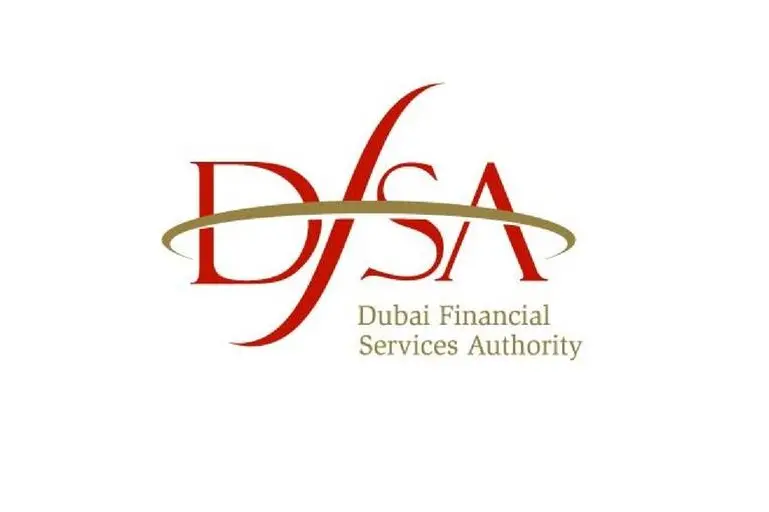
The Dubai Financial Services Authority (DFSA) has released a detailed explainer on the Regulation of Crypto Tokens, originally established in 2022. The DFSA set out to regulate crypto businesses with the intention of fostering innovation in a measured, responsible, and transparent manner, all while meeting regulatory objectives.
The DFSA’s Crypto Token regime provides a clear framework for businesses operating within the Dubai International Financial Centre (DIFC). This framework promotes innovation while ensuring financial stability and consumer protection through a robust regulatory approach. It addresses the full range of associated risks, including those related to money laundering, financial crime, consumer protection, technology governance, custody, and exchange operations.
In this explainer, the DFSA explores the specifics of how Crypto Tokens are classified, recognized, and governed under its regulatory framework.
Key topics covered include:
- What are Crypto Tokens? Gain a better understanding of the cryptographically secured digital representations that are reshaping the financial landscape.
- Recognised vs Unrecognised Tokens: Discover the DFSA’s Token Recognition Criteria and learn what it takes for a Token to be used in the DIFC.
- Prohibited Tokens: Learn which Tokens, including Privacy Tokens and Algorithmic Tokens, are explicitly prohibited in the DIFC.
- How to Get a Crypto Token Recognised by the DFSA: A step-by-step guide for businesses aiming to get their Crypto Tokens recognised.
- Frequently Asked Questions: Covering everything from licence variation requirements to the DFSA’s stance on stablecoins.
Additionally, the explainer outlines compliance requirements related to anti-money laundering, consumer protection, and technology governance.
Under the regime, firms in the DIFC can obtain a licence to provide financial services with Crypto Tokens, ensuring their operations comply with international standards. The DFSA continuously works to ensure that the regime reflects market practices and international regulatory standards.
With this guide, firms will have a clear roadmap to navigate the expanding crypto landscape in the DIFC, ensuring adherence to international standards.











